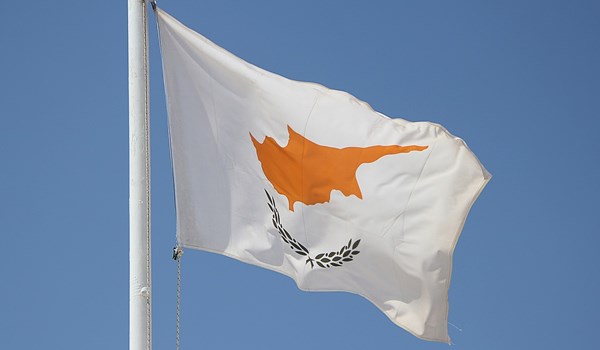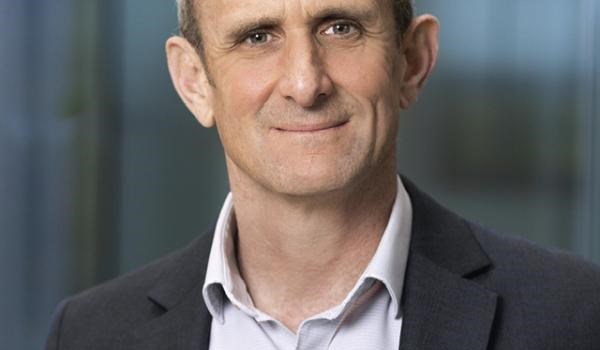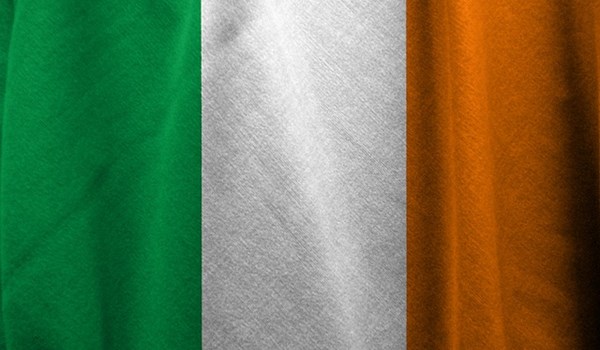A raid on Netflix’ offices in Europe might have provided clues to local researchers about why the streaming giant’s declared revenue – and tax bill – in New Zealand is very small, despite its well over a million customers.
Northland’s Edward Miller, Researcher at the Centre for International Corporate Tax and Accountability Research, had his interest in Netflix piqued late last year when he came across news stories that showed the Netflix offices in both Paris and Amsterdam had been raided by French fraud investigators.
The investigation is ongoing currently. But it opened in 2022, when EU investigators started looking into what France’s National Financial Prosecutor’s Office said in a statement was suspicions about the company “covering up serious tax fraud and off-the-books work”.
The investigation had been sparked when authorities took a second look at Netflix’ French subsidiary, which had reported a turnover “at odds with paying user numbers in the country”, according to Reuters. Between 2019 and 2020, Netflix Services France had paid less than a million euros in corporate taxes, despite having more than 10 million customers, by involving a separate unit registered in the Netherlands: parent company Netflix International BV.
Netflix in The Netherlands.
n/a
Netflix International BV was also paid a visit by the Fiscal Information and Investigation Service, an agency of the Dutch Finance Ministry, in liaison with Eurojust, the European judicial cooperation unit, said French newspaper Le Monde. That investigation also remains ongoing.
Miller, intrigued by the findings and steeped in the whys and wherefores of large corporate tax arrangements, logged into the New Zealand Companies Office register to take a look at what Netflix reported in New Zealand.
It is New Zealand law that a company with international owners must file public financial statements if the total assets for the company and its subsidiaries are more than NZ$22 million, and/or the total revenue is more than NZ$11 million.
Netflix New Zealand Ltd, which has the same parent as the French subsidiary mentioned above (Dutch Netflix International BV), apparently fell below this threshold, because its accounts were not there. Which seemed strange to Miller, given that around 1.3 million users in New Zealand pay at least $18.49 a month to access the service.
“One possible explanation is that all of New Zealand is running off the single Netflix account, and we’ve just shared the password,” he joked. “But I don’t think that’s the likely story.”
It’s probably not indeed, because Netflix clamped down on password sharing in early 2024, forcing millions more to buy subscriptions across the world.
“It looks like Netflix is not generating sufficient revenue in New Zealand to report its results, which seems at odds with the scale of usership,” Miller said.
Are we all just sharing the password, perhaps?
In Australia
Netflix did not respond to any messages left in many locations by The Post, requesting an explanation for the omission of its accounts from the New Zealand Companies Office register.
Nevertheless, a look at the Australian companies register is instructive.
In Australia in the 2022-23 year – the last year such accounts are available – Netflix Australia Pty reported $1.15 billion in revenue but reported a small profit of $31m, and paid nothing at all in tax.
The bulk of its costs was a $1.03b payment of “distribution and service fees” to its ultimate parent company, Delaware-based Netflix Inc. A $24m dividend was also paid to the immediate parent company based in the Netherlands, the aforementioned Netflix International BV.
The previous year there had been an intercompany loan of $78.6m, also to the Netherlands parent, of almost $80m. That had been paid off by 2023, leading to $6.6m in tax assets on its books in the 2023 year.
Ultimately, taxable income comes out at $2.4m, although no tax payments appear on the cash flow statement.
The Australian accounts throw up a few ideas as to how large amounts of money are pushed off the books locally, allowing subsidiaries to reduce paying tax in the countries where they generate revenue.
This is legal in many countries, including New Zealand, although soon to be illegal in Australia. And Netflix is far from the only company that does so. The Centre for International Corporate Tax and Accountability Research (CICTAR) has also recently delved into Methanex NZ, finding the company appeared to have reduced its taxable earnings through the use of intercompany loans and interest payments to parent companies in low-tax jurisdictions like Hong Kong and Bermuda.
Uber is another that makes use of “intercompany service fees” and other mechanisms to reduce its local tax burden. In 2022, the rideshare and food delivery company made $365.15m in New Zealand, but paid just $1.21m in tax (excluding GST).
Methanex Corporation also makes use of intercompany loans to offshore parent compaies and other payments.
n/a
Miller said while Netflix’s NZ subsidiary appeared to declare less than $11m in revenue in New Zealand, “our expectation is that almost all the revenue generated from its NZ consumers is going into its parent company, Netflix International BV, the Dutch company”.
That company also has its own parent company – British Netflix Holdings UK Ltd. 2023 accounts belonging to this company show it received 302 million euros in “dividend income” from Netflix International Holdings BV, and paid out even more in dividends to its Delaware-incorporated parent company, generating no revenue or profit in the UK despite having over 17 million users.
The UK company’s subsidiaries list is interesting, says Miller. It has direct holdings in two subsidiaries – Netflix International Services LLC (same Delaware address as parent), which it describes as a “service provider” and the Dutch Netflix International Holdings BV (“a holding company”).
A much longer list shows subsidiaries directly controlled by Netflix International Holdings BV includes Netflix International BV (a “license provider”), as well as Netflix Australia Pty Ltd (“a distributor”) and Netflix New Zealand Limited (a “support services provider”).
Long and short
To look at the complex tangle of Netflix companies is to see that, in at least two other countries, revenue generated by Netflix goes through other locales before ending up in Delaware. Any tax that may be paid in Delaware would be subject to 8.7% corporate tax, but only if it is found to have been made outside the state.
“The question that I wanted to raise out of all of this is, given Netflix are generating economic activity here in New Zealand – they have lots of users who are paying them lots of money – is if a service is being delivered in New Zealand and consumed in New Zealand, then why is the revenue being booked in a different jurisdiction, and why are we not getting any of the corporate tax revenue that comes along with that?” Miller said.
Ironically, Netflix’s New Zealand users have been pinged for their part in the equation. In 2019, an amendment was made to New Zealand’s tax laws to force offshore digital service providers such as Dropbox, Netflix and Google to register, collect and return New Zealand GST on their services. They had not been compelled to before that, and the law only changed after an outcry from Netflix local competitor Lightbox, which had to charge GST on its services as a New Zealand company and was therefore more expensive.
CICTAR and Miller would like to see New Zealand adopt a law that was recently passed by the Australian Parliament, in which large multinational groups with an Australian presence must submit data on their global financial and tax footprint to the Australian Taxation Office (ATO), and the data is made public.
Revenue Minister Simon Watts told The Post the Government was not currently considering any such measures for New Zealand.



